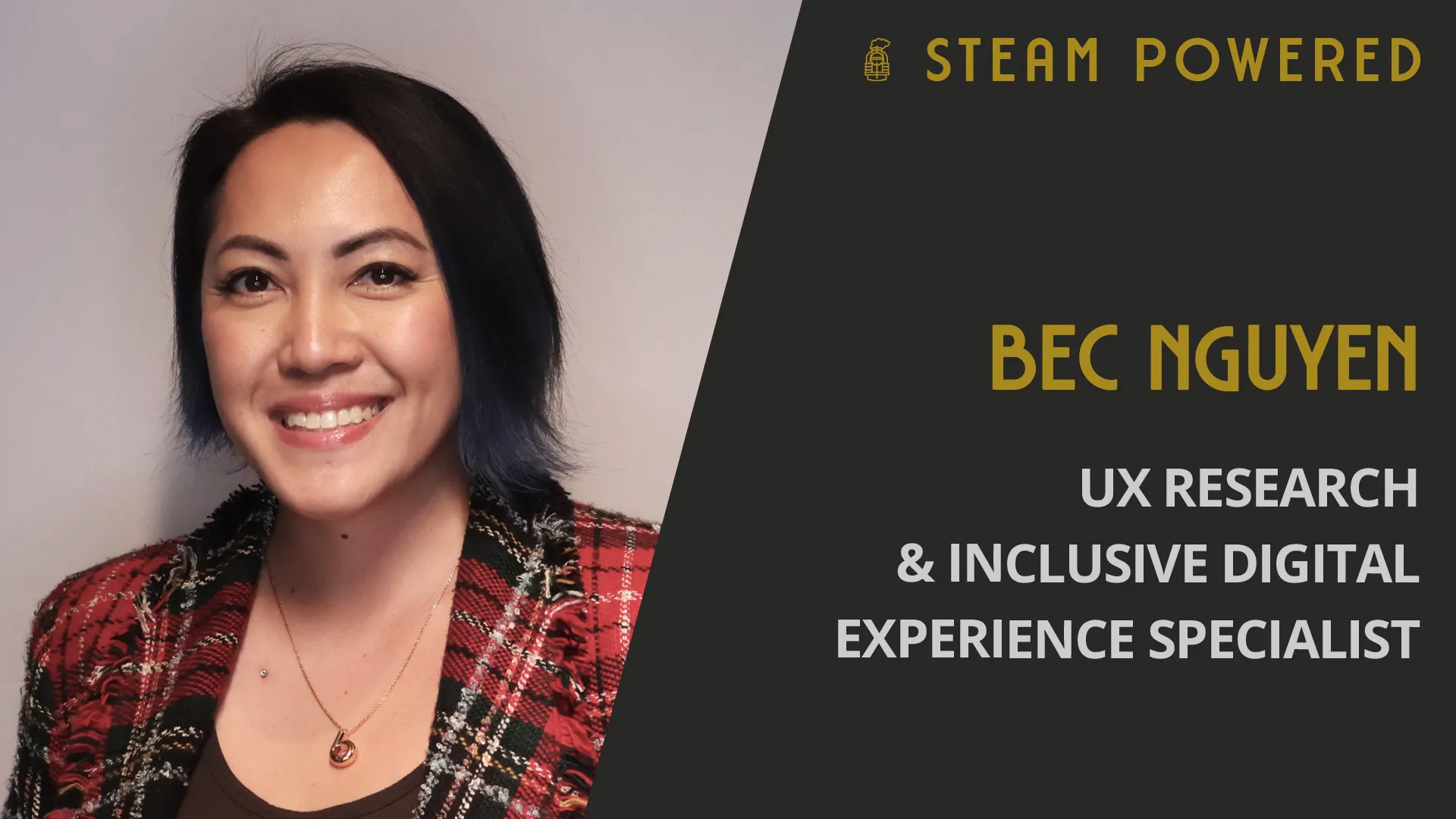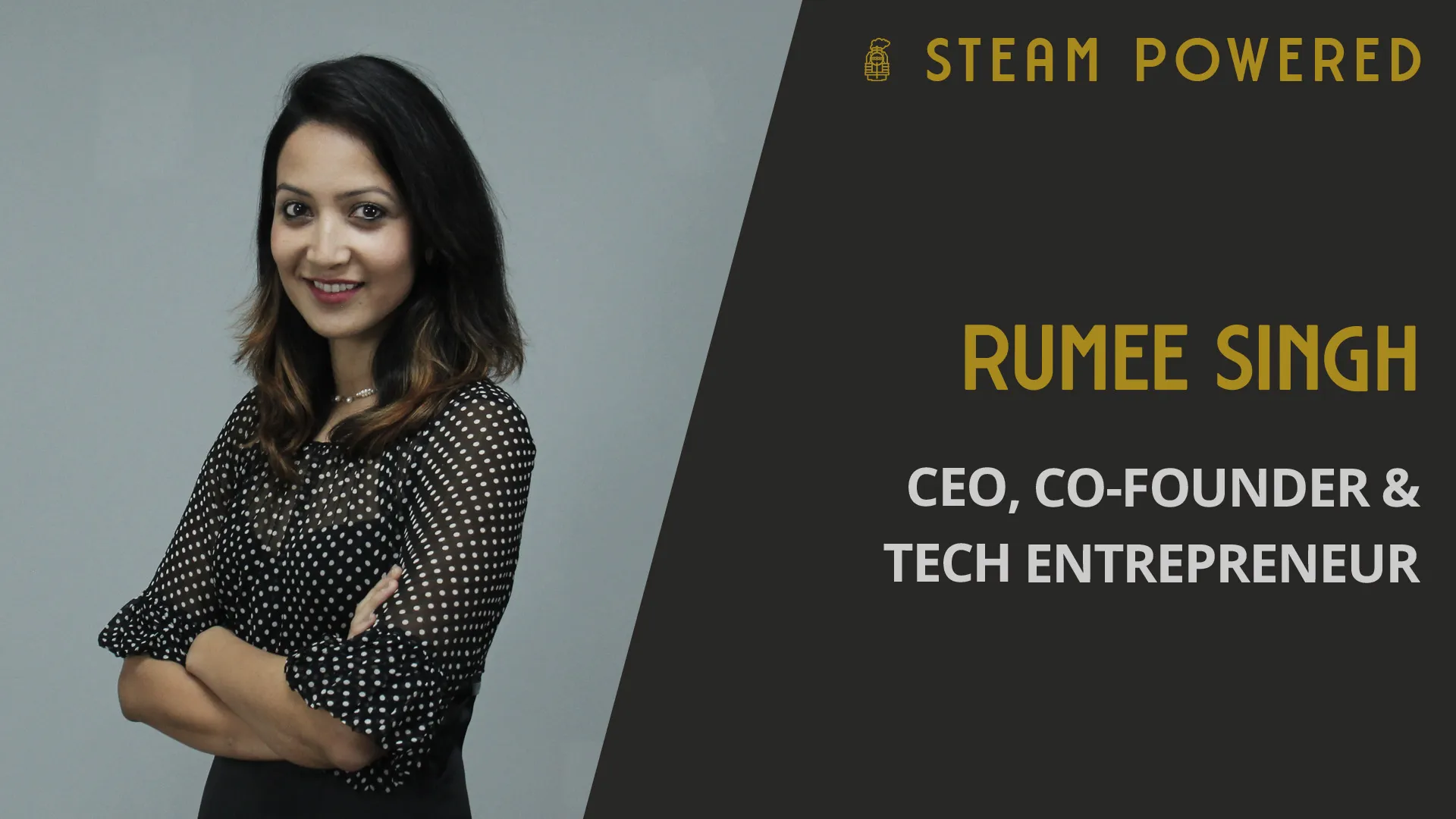Narrative for social change and science communication, and AI in the creative process with Joanna Beveridge
Humans are fascinating. We have this incredible capacity for creativity, resilience, and invention, and have been keen to dabble in technologies that improve our lives since we first started using tools. So, where is technology going to lead us in terms of what makes us human?
Joanna Beveridge is a producer, writer, and director with a background in nuclear medicine. Join us as we speak about attitudes towards trust and failure between STEMM and the creative industries, representation and stealth politics in film and television, and finding a balance with AI tools and the creative process.
About Joanna Beveridge
Joanna Beveridge is a producer, writer, and director based in Western Sydney. She has a double degree in Nuclear Medicine and Digital Media, and has worked as a Creative Producer/Editor for companies such as Network Ten, NBCUniversal, Warner Bros. and ITV Studios.
In 2020, Jo was selected for Screen NSW’s Emerging Producer Placement and Screen Producers Australia ‘Ones to Watch’. She’s produced two Screen Australia funded romcom digital series — NO ORDINARY LOVE and SHIPPERS. She created the award-winning web series SYDNEY SLEUTHERS. She produced the Screen NSW Screenability funded short film MAGNETIC, which premiered at Sydney Film Festival. And Jo wrote and directed the award-winning short film THE TAKEDOWN OF MELANIE SPROTTLE.
- Website: https://www.joannabeveridge.com/
- Instagram: @jmbeveridge
Listen to the Podcast
Listen on Apple Podcasts, Spotify, iHeartRadio, Amazon Music, Castbox, Deezer, Goodpods, Overcast, Pocket Casts, TuneIn, Blubrry, Podcast Addict, Podchaser, JioSaavn, RSS , and other podcast platforms.
Watch on YouTube
- [00:01:24] Joanna's path to nuclear medicine coming from a STEMM family
- [00:02:52] The almost movie-plot level reason for pivoting (despite actually being good at nuclear medicine)
- [00:05:15] Finding her space and learning by doing
- [00:09:03] Trust in STEM vs the creative industries
- [00:11:21] The incongruity of entry-level positions that require experience with few opportunities for training
- [00:12:59] The career pipeline problem
- [00:15:11] The importance of and barriers to networking
- [00:16:48] The value of proofs of concept - someone has to be first
- [00:17:26] Bringing back the eight-hour day in the film industry
- [00:19:34] 'AI in the TV and movie creation value chain'
- [00:20:29] Segue: What is art? Why is art?
- [00:24:08] The history and popularity of Schitt's Creek
- [00:24:54] Stealth politics and audience psychology
- [00:27:57] The PR of science and STEM in the media
- [00:30:17] We love tropes (also, I said CSI when I meant NCIS)
- [00:31:52] The Scully Effect and how the media shows us that we have the capacity for change
- [00:34:56] What is the nature of the work we are asking AI to replace?
- [00:38:54] What is scut work and what contributes to making you better at your craft?
- [00:44:54] Moving the needle for representation and the power of narrative
- [00:48:55] Our favourite sci-fis
- [00:53:05] What advice would you give someone who'd like to do what you do, and what advice should they ignore?
Highlights
Connect with Us
- @steampoweredshow
- @steampoweredshw
- @steampoweredshow
- @steampoweredshow
- @steampoweredshow
- @steampoweredshow
- steampoweredshow
Support STEAM Powered
Review Us
Please leave us a review on Apple Podcasts, Spotify, GoodPods, Podchaser, or your preferred podcatcher.
Become a Patron
Affiliate Programs
Start your own podcast or YouTube channel, or run panels and seminars with
Riverside.fm. Record up to 8
people in a session with up to 1000 audience members. You can record in advance
as I do, or you can livestream with the option to send it straight to Facebook,
Youtube, Twitter, or Twitch. There’s even a green-room for guests and live call
in for audience members. Afterwards, get separate video (up to 4K) and audio (up
to 48kHz) tracks per recorded participant for editing, none of that “active
speaker only” limitation. You know you’re in good hands with a service whose
client-base includes some heavy-hitters. Check out
Riverside.fm to see who else is on
board. Use promo code STEAM25 to get 25% off the first three months of your
subscription.
Music is “Gypsy Jazz in Paris 1935” by Brett Van Donsel.

